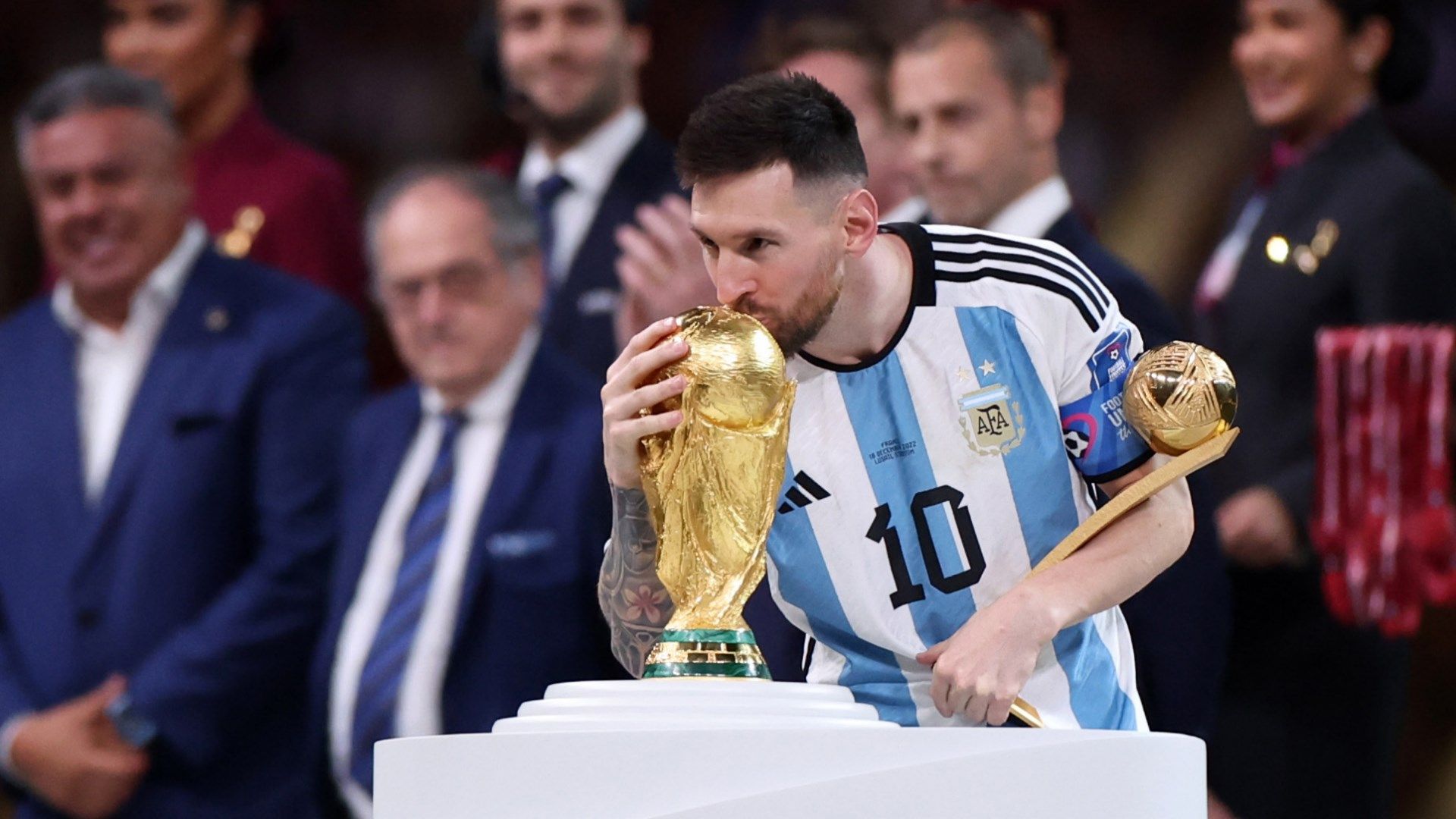There has been a metamorphosis of sorts when it comes to our most popular football competitions in 2024.
The UEFA Champions League was the most high-profile tournament to undergo a format change. And that change was drastic, with the group stage completely scrapped for a revolutionary league stage phase with an overall table.
The same holds true for UEFA Europa League and the Conference League respectively. The Asian Champions League too has been reformatted into a new version.
As always, change is the only constant. And when that's the case with UEFA, can FIFA be far behind?
The governing body for world football has also revamped its club competitions. The FIFA Club World Cup, which was an yearly affair and will instead be played once in four years, like the World Cup. 24 best clubs from across the world would participate next year in the USA for the refurbished Club World Cup.
And as a continuation to the once-in-a-year Club World Cup, FIFA has revamped the Intercontinental Cup.
The Intercontinental Cup, which used to be a one-off game between the European club champions and their South American counterparts, has been revived and in a new avatar. And the very first edition (though it is imagined as a continuation of the older Club World Cup) would take place in Doha exactly two years after the historic World Cup in the Middle-East.
.jpg?format=pjpg&quality=60&auto=webp&width=380) AFC media
AFC mediaAnd this change in the landscape is something that Jassim Abdulaziz Al-Jassim alluded to when he interacted with the media ahead of the FIFA Intercontinental Cup final between Real Madrid and Pachuca, set to take place on Wednesday.
"I think overall football is changing, expanding. There are a lot more matches than before. I think it’s very interesting that now you see more teams that are not from the same country participating and playing each other. I think that’s the most interesting part," Al-Jassim said.
"So having the Club World Cup every four years will somehow minimise that and I think that’s where the idea of FIFA Intercontinental Cup came (from). So instead of having the Club World Cup, you also have a yearly tournament that is going to bring the champions of Africa, champions of Asia, champions of CONCACAF, champions of CONMEBOL. All will be coming together and playing each other for the trophy," he added.
.jpg?format=pjpg&quality=60&auto=webp&width=380) Getty Images
Getty ImagesAnd it was only poetic that Qatar, who heralded a tectonic change two years back when they hosted a winter World Cup, are the hosts for the launch of the revamped Intercontinental Cup too. And the iconic Lusail Stadium, which witnessed Lionel Messi's crowning glory as an Argentine on 18 December 2022, will be the venue for the Intercontinental Cup final too.
"I don’t think we will stop bringing iconic tournaments (to Qatar). Not only do we have the infrastructure and stadiums but we also have the experience to host and organise tournaments of the highest levels," quipped Al-Jassim.
And he is not wrong. Qatar have proven their capacity as a world-class host over and over again, starting with the 2022 World Cup and then the 2023 Asian Cup.
To put it in simple terms, much like how the Middle-East nation gave the world its first winter World Cup, they have once again heralded a change in the football landscape.




